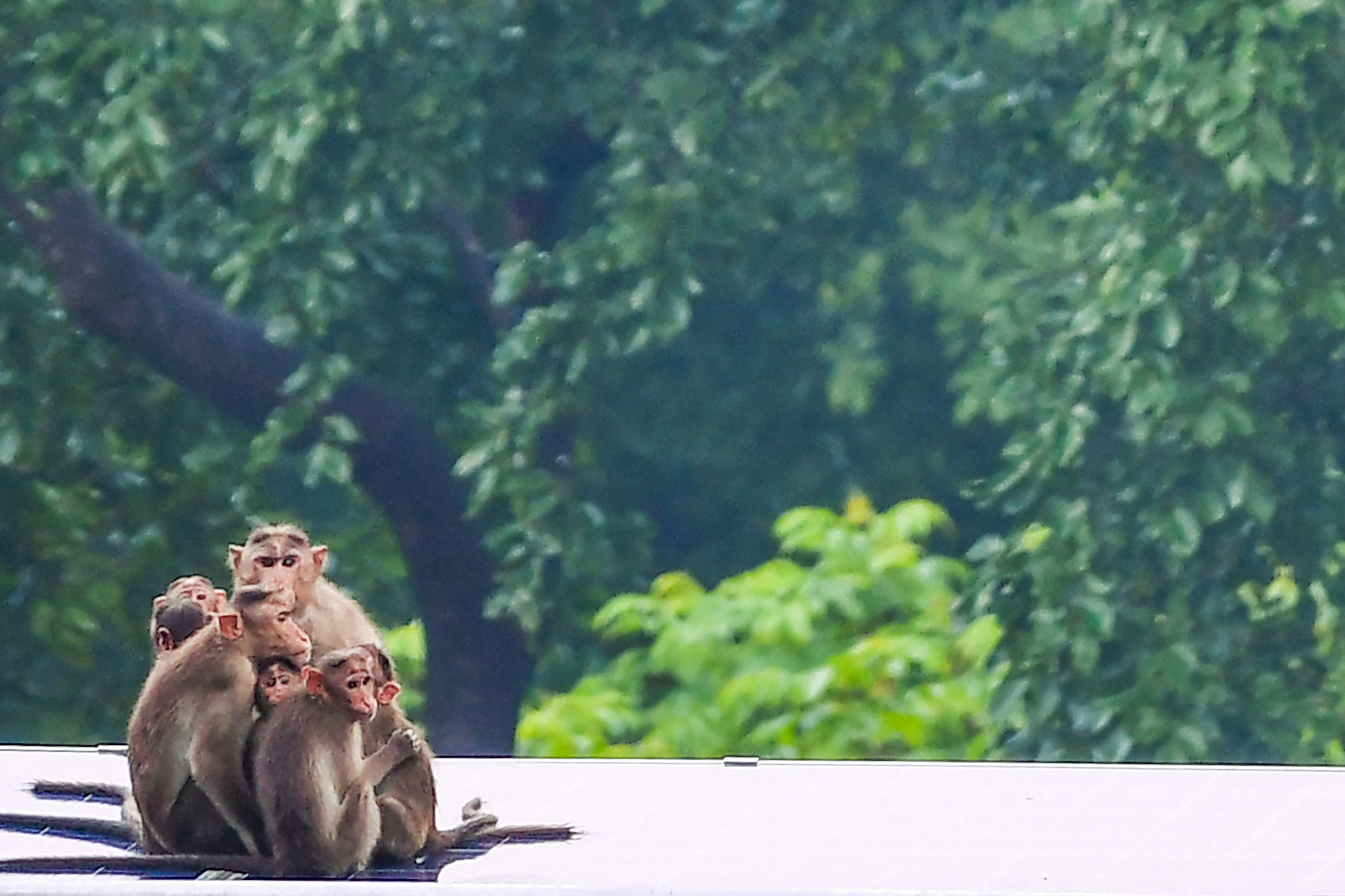Chinese biomedical researcher who became first human case of Monkey B virus has died
The fatality rate of monkey virus infections is 70-80 percent

Your support helps us to tell the story
From reproductive rights to climate change to Big Tech, The Independent is on the ground when the story is developing. Whether it's investigating the financials of Elon Musk's pro-Trump PAC or producing our latest documentary, 'The A Word', which shines a light on the American women fighting for reproductive rights, we know how important it is to parse out the facts from the messaging.
At such a critical moment in US history, we need reporters on the ground. Your donation allows us to keep sending journalists to speak to both sides of the story.
The Independent is trusted by Americans across the entire political spectrum. And unlike many other quality news outlets, we choose not to lock Americans out of our reporting and analysis with paywalls. We believe quality journalism should be available to everyone, paid for by those who can afford it.
Your support makes all the difference.A 53-year-old biomedical researcher, who became the first human case of the Monkey B virus in China, has died.
According to the Chinese Center for Disease Control and Prevention (China CDC), the Monkey B virus (BV) is normally transmitted through direct contact and exchange of bodily fluids, just like herpes simplex virus (HSV) in humans. It was first identified in 1932.
The China CDC said that the researcher who died was a “veterinary surgeon (male) who worked in an institute specialised in non-human primate breeding and experimental research in Beijing.”
“He dissected two dead monkeys on 4 and 6 March 2021 and experienced nausea and vomiting followed by fever with neurological symptoms one month later. As a result, the patient visited doctors in several hospitals but eventually died on 27 May,” it said in its weekly statement released last week.
It explained that the fatality rate of BV infections is 70-80 percent.
“Although the risk for secondary transmission appears to be minimal, one case of human-to-human transmission of herpes B virus has previously been documented,” it said.
The China CDC also said that the monkey virus infections have mainly involved “primate veterinarians, animal care personnel, or laboratory researchers in North America” and there were no fatal or even clinically evident BV infections in China before 2021.
Apart from the researcher, who died, samples including “cerebrospinal fluid (CSF), blister fluid, blood, airway aspirates, nasal swab, throat swab, and plasma” were collected from two of his close contacts as well.
“This implied that BV in monkeys might pose a potential zoonotic threat to the occupational workers. It is necessary to eliminate BV during the development of specific pathogen-free rhesus colonies and to strengthen surveillance in laboratory macaques and occupational workers in China,” said China CDC.
Join our commenting forum
Join thought-provoking conversations, follow other Independent readers and see their replies
Comments